Fort Donelson and The Surrender House- Photography

Fort Donelson and The Surrender House- Photography
There are no sounds, save for the birds and a slight breeze rustling through the trees. It is hard to imagine the sounds of war. The Civil War.
Yet, I stand alongside the cannons, strategically placed by the Confederate army .
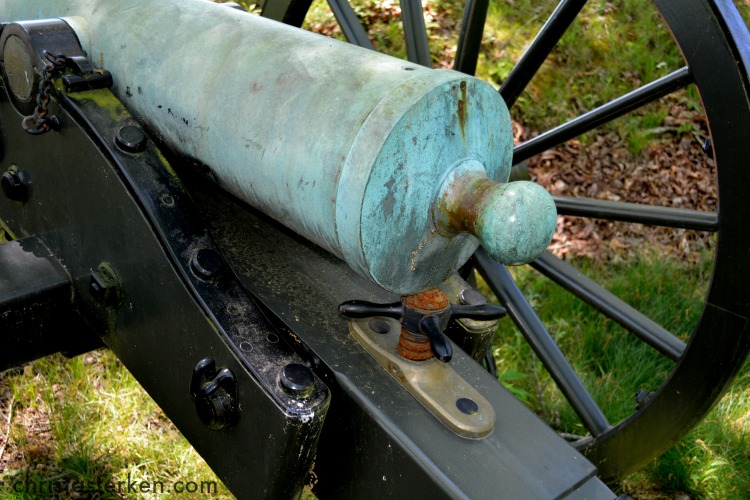
My hand rests on the metal cylinder, warmed from the afternoon sun. I am humbled and conflicted. Here we are, surrounded by beautiful and serene countryside.
Yet, there were battles. Wounded men. Weary women.

The Civil War brought so much change. Sorrow and victory, entangled. Men were called to arms.
Women had to tend to the homefront, a difficult job with TWO adults, most commonly keeping the farms running.
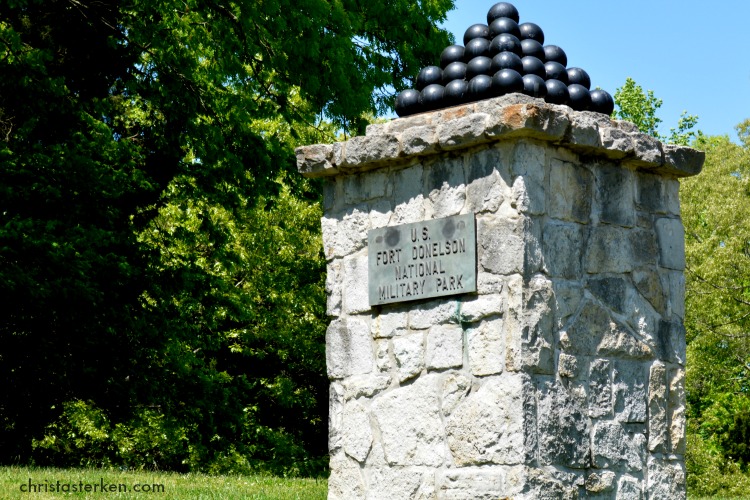
Women felt it their duty to help with the soldiers who were injured, and patriotically did so. On both sides.
African Americans were being freed, legally. Though not always in practice.
Fort Donelson is a Confederate fort in Dover, Tennessee.
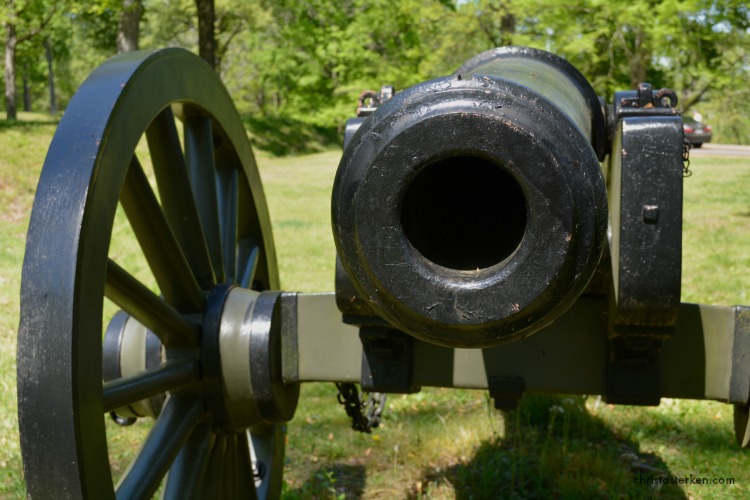
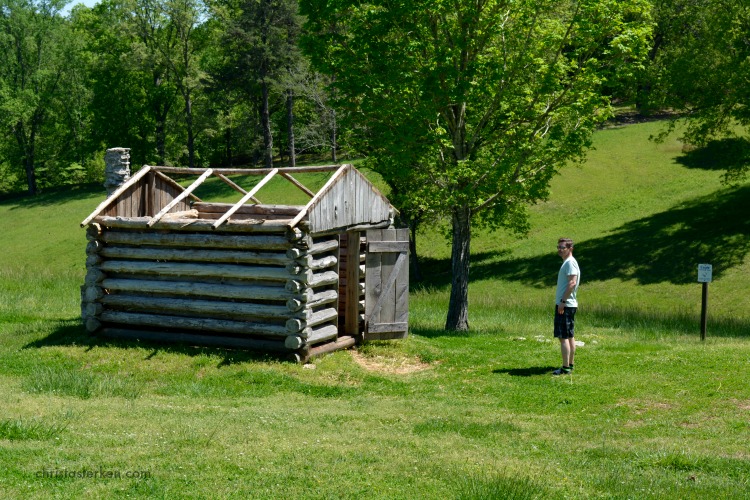
Fort Donelson Park
The park service put together informative brochures, telling the personal stories of the people behind these lines.
Mary Bickerdyke was a widow and mother of two boys of her own. She was asked by General Grant to come help at Fort Donelson. “National Newspapers documented her tireless, late night search for wounded soldiers on the frozen battlefield. She was well known for her courage and tenacity. When questioned by an army surgeon about who had given her authority to administer food and care for the wounded, Mrs. Bickerdyke replied that “she received her authority from the Lord God Almighty!”
“I never saw anybody like her…incessant cries of ‘Mother, Mother!’ rang through the boat…and to every man she turned with heavenly tenderness, as if he were her own son” noted an observer.
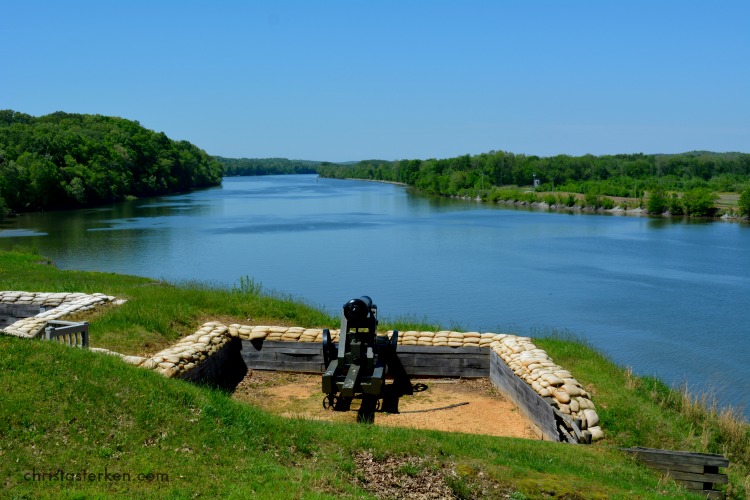
Here, the South battled with the U.S.S. Carondelet
“For miles the land was covered with the graves of both Union and rebel soldiers. As I walked over the battlefield in search of loved ones, and saw the terrible work that war had made, and thought of the wave of woe that was surging over the land, I felt to say in my heart: “O, God, how long must we suffer?” –Mary Newcomb’s description of the battlefield at Fort Donelson, 1862 (park brochure)
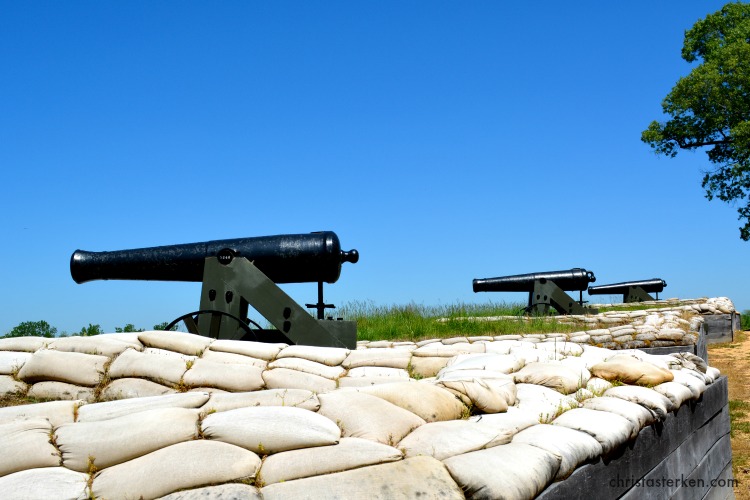
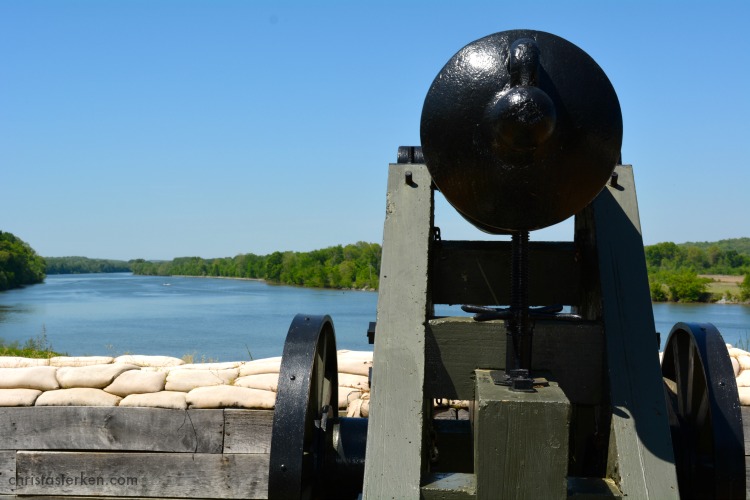
A short drive will take you to the National Cemetery.
A sobering experience, in the beautiful, tiny waterfront down of Dover.
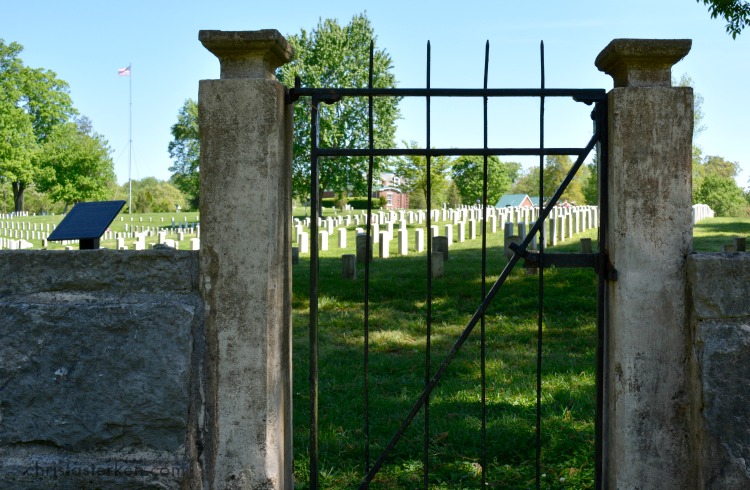
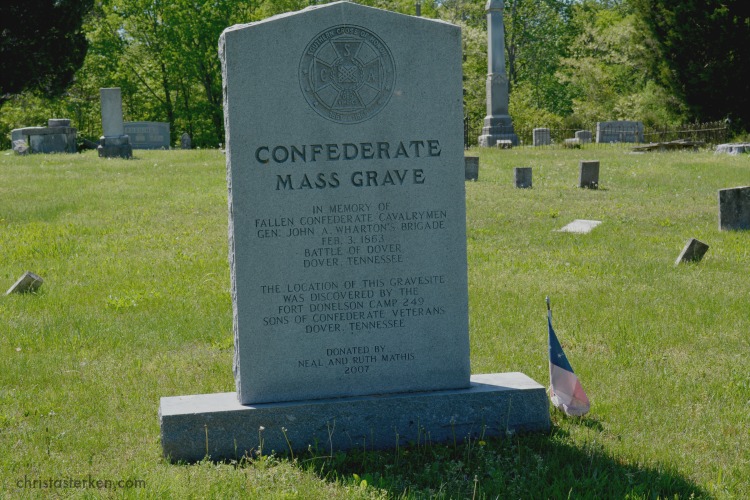
A few minutes away is the Dover Hotel, also known as the Surrender House. Here was where a major Civil War led to surrender, on the peaceful banks of the Cumberland River.
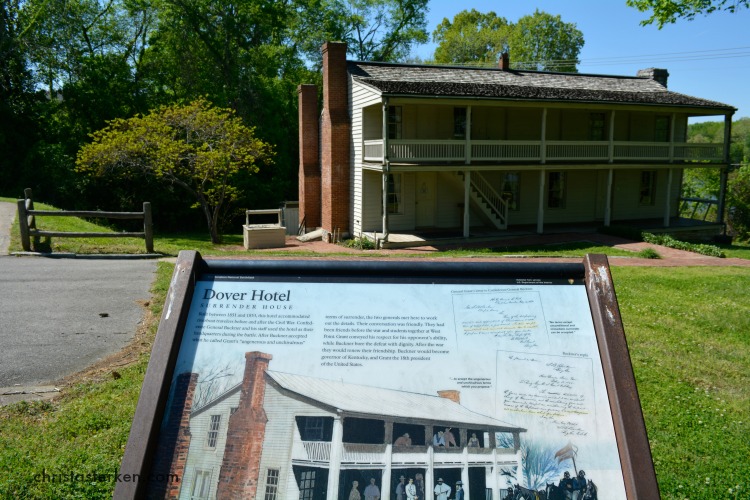
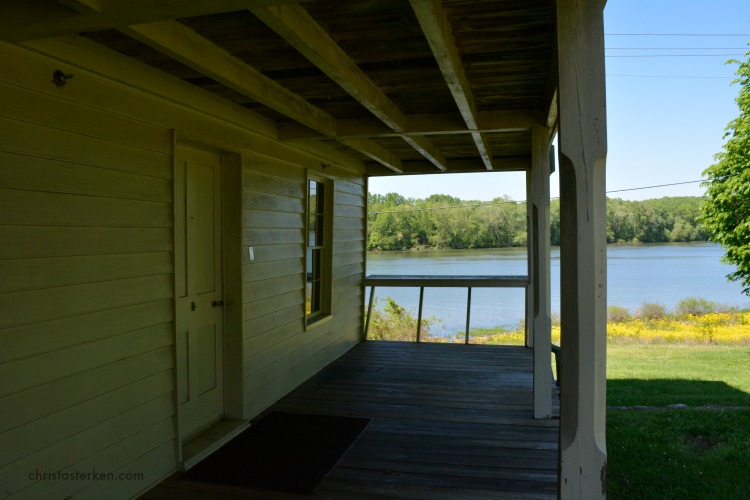
The Fort Donelson surrender house
As I walked along the creaking wooden porch, I stood and looked out over the river. And I imagined that early February morning, that General Buckner looked out the same view. His broken and conflicted heart, knowing surrender would come that day when he met with Grant, who said,
“No terms except an unconditional and immediate surrender can be accepted.”
Buckner, with no choices left, accepted what he termed, “the ungenerous and unchivalrous terms” Grant laid out.
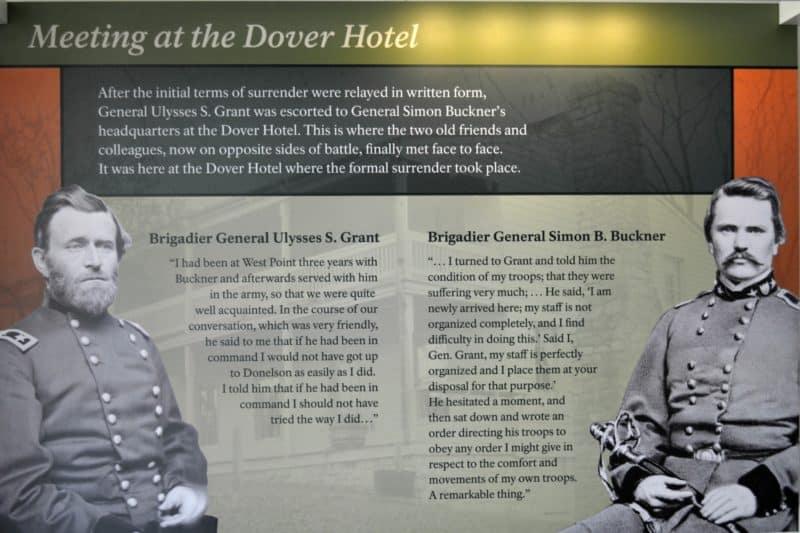
War is about the people. And people have story.








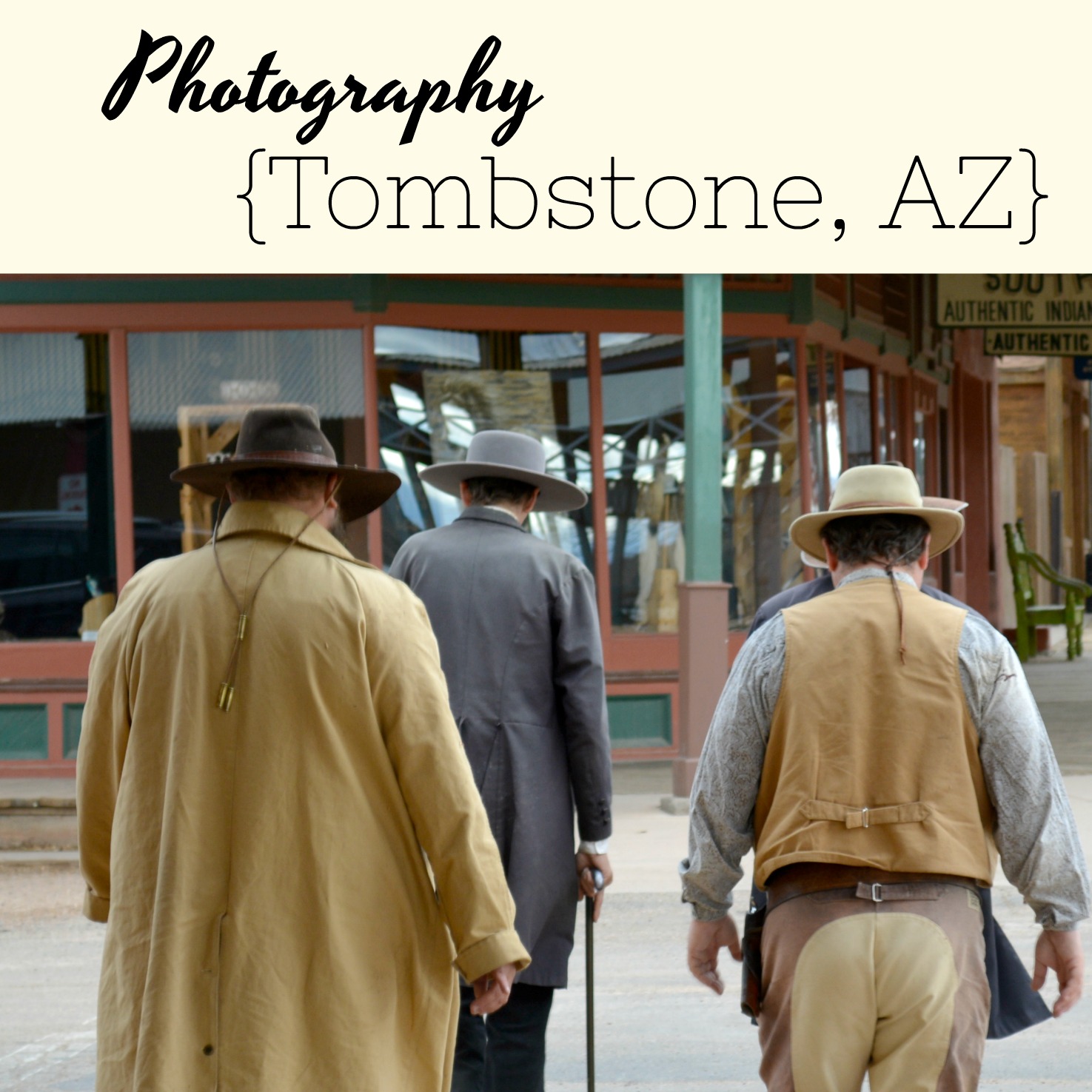
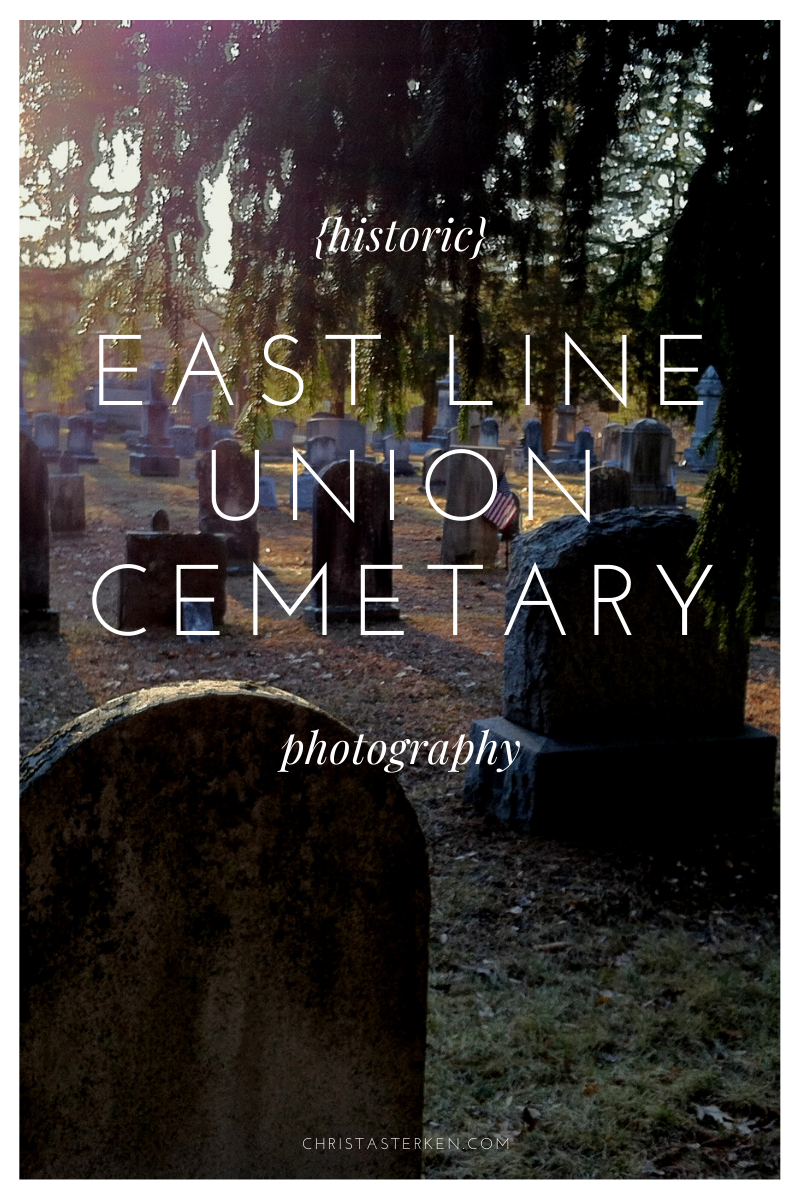




Forts are the most beautiful of places.